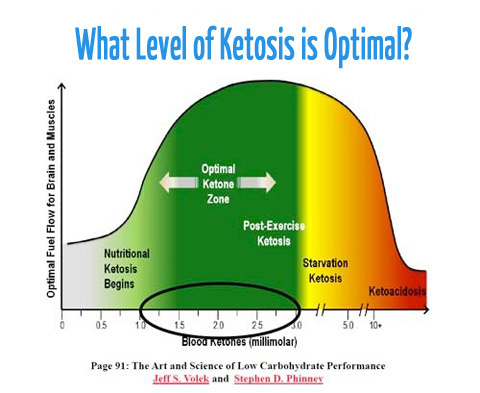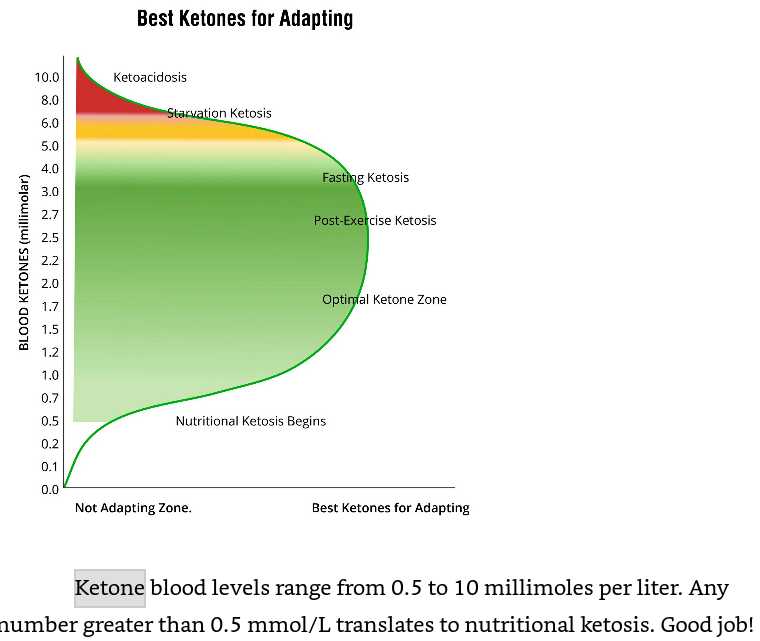As noted, we need a certain minimal level of insulin in our blood at all times, in order to be able to use our food to live.
The effects of glucagon and insulin are relative, and appear to depend more on the ratio between them than on the absolute amounts. Apparently, when the two hormones are at nearly the same level (i.e., insulin/glucagon ratio < approx. 2.0) the twin processes of gluconeogenesis and ketogenesis are stimulated in the liver. From what I have been reading and watching, I believe there may be some uncertainty whether the stimulus is low insulin or high glucagon. What is clear, however, is that the ultimate trigger is low dietary carbohydrate intake.
This makes evolutionary sense, since there are certain cells in the body—such as the red blood cells for sure, and possibly certain brain cells or parts of brain cells—that cannot survive without glucose, so when we don’t eat long strings of glucose molecules (i.e., carbohydrate), the necessary glucose has to be made by the body. Likewise, when there is no need to scavenge glucose from the blood stream, the muscles can quite happily metabolize fatty acids instead (after a period of adaptation, of course, when we switch from a high-carb diet), and other organs (such as most, if not all, of the brain) can feed quite happily on β-hydroxybutyrate, the main ketone body. The three ketone bodies also act as signaling hormones, regulating the expression of certain genes. The upshot of all this is that when the insulin/glucagon ratio is low, the body can produce the glucose we need without our having to worry about stimulating insulin, since the concomitant glucagon secretion holds the effects of insulin in check.
So if I got it right, this is basically a long-winded way of saying what you said, depending, I suppose, on what precisely you meant by “suppressed.” I’m not entirely clear whether insulin secretion gets inhibited or not, because Prof. Bikman makes it sound as though it does, but there’s a matching glucagon secretion that blocks (most of) the effects of the secreted insulin. Either way, you and I do agree on the ultimate practical effect.
ETA: Please look this over and tell me if it sounds coherent.


